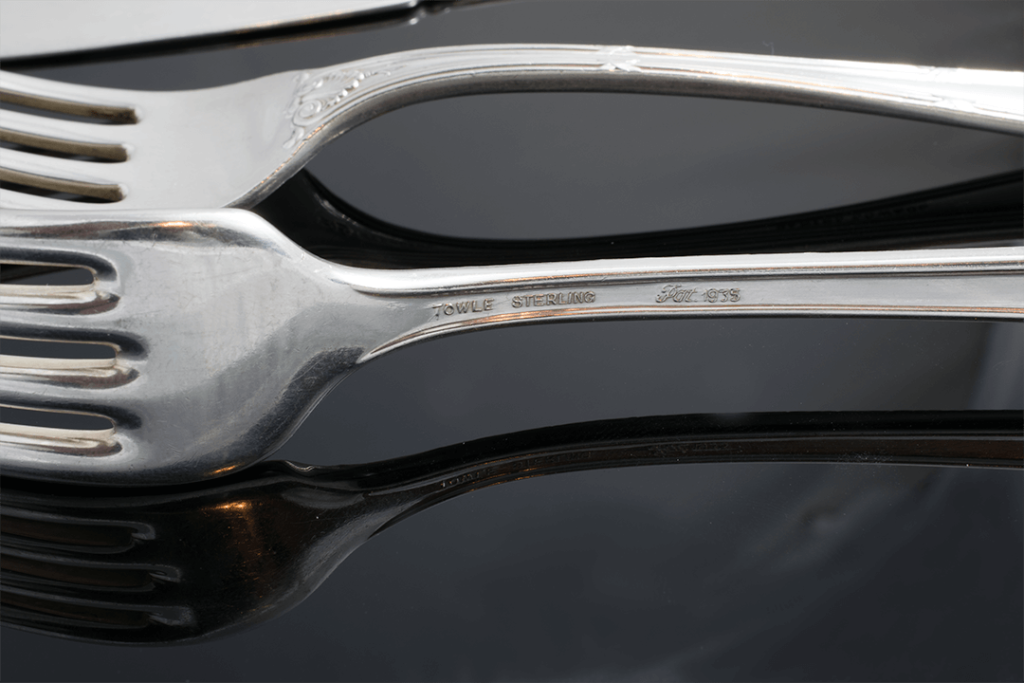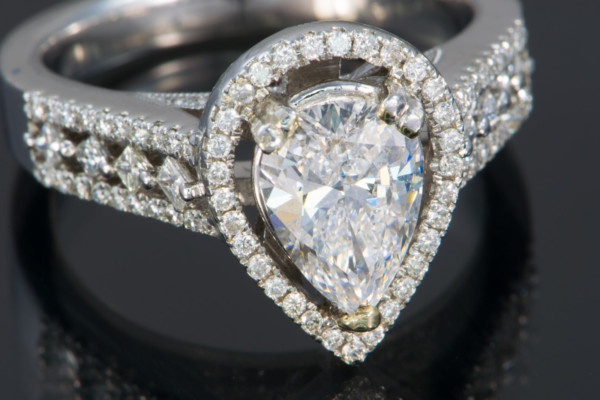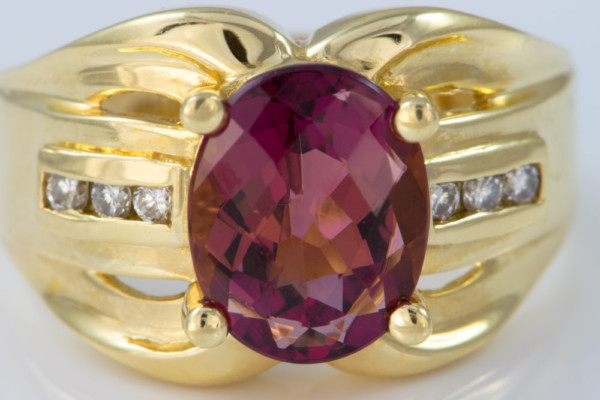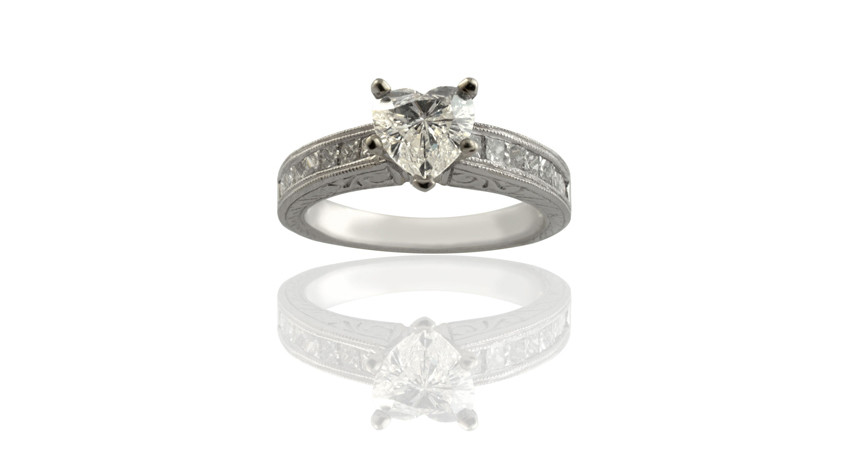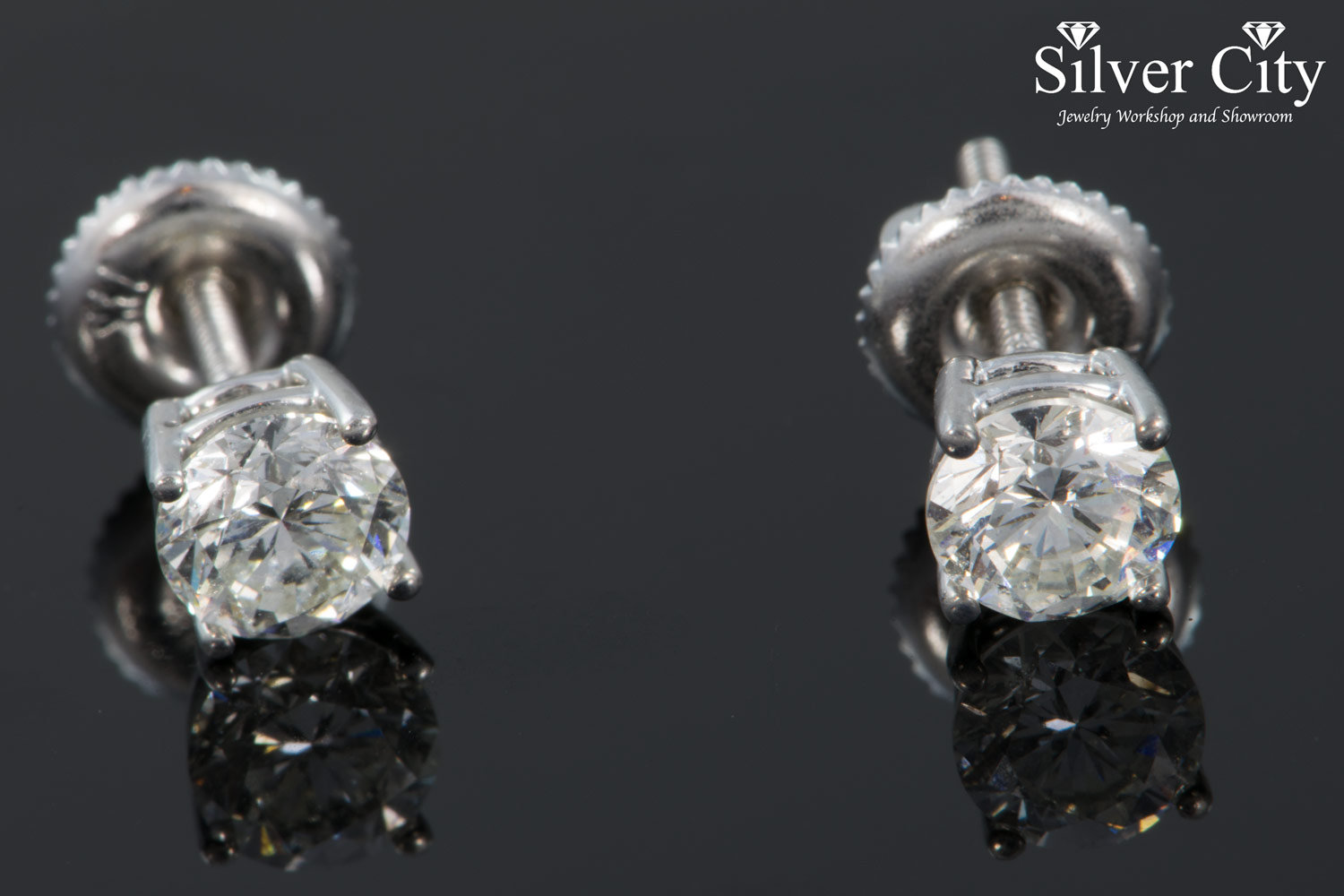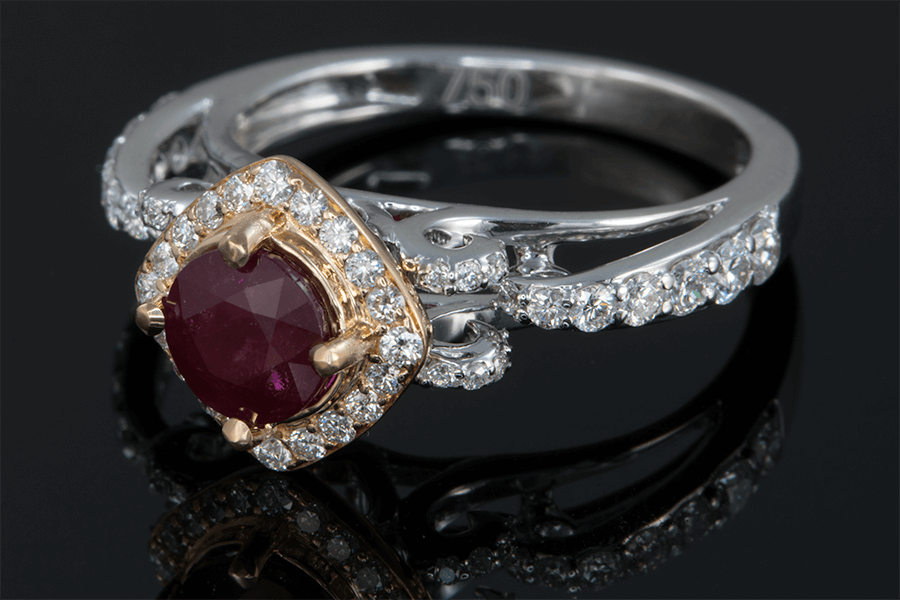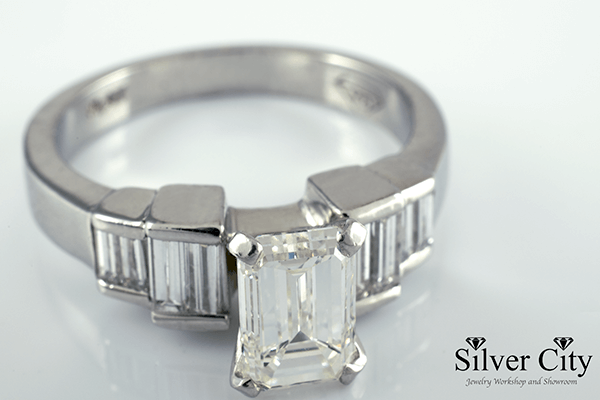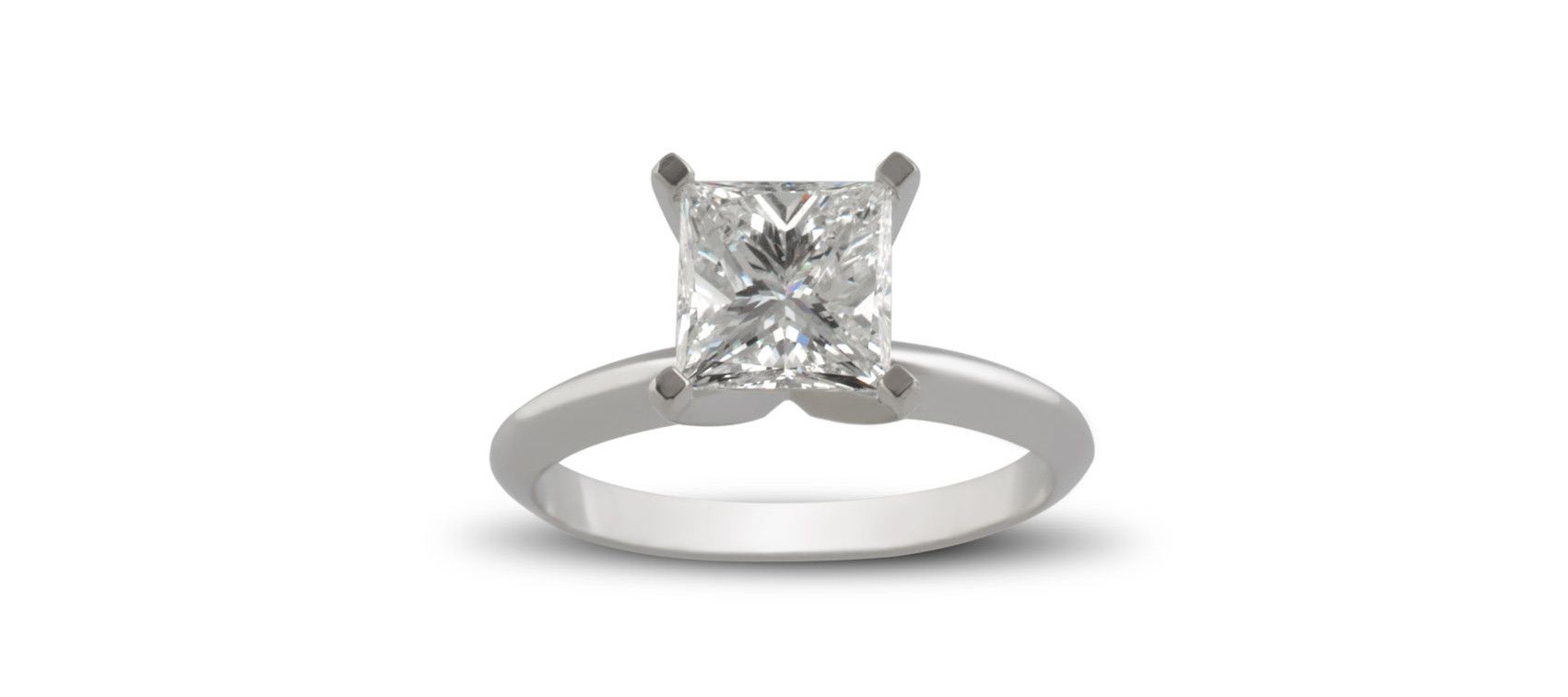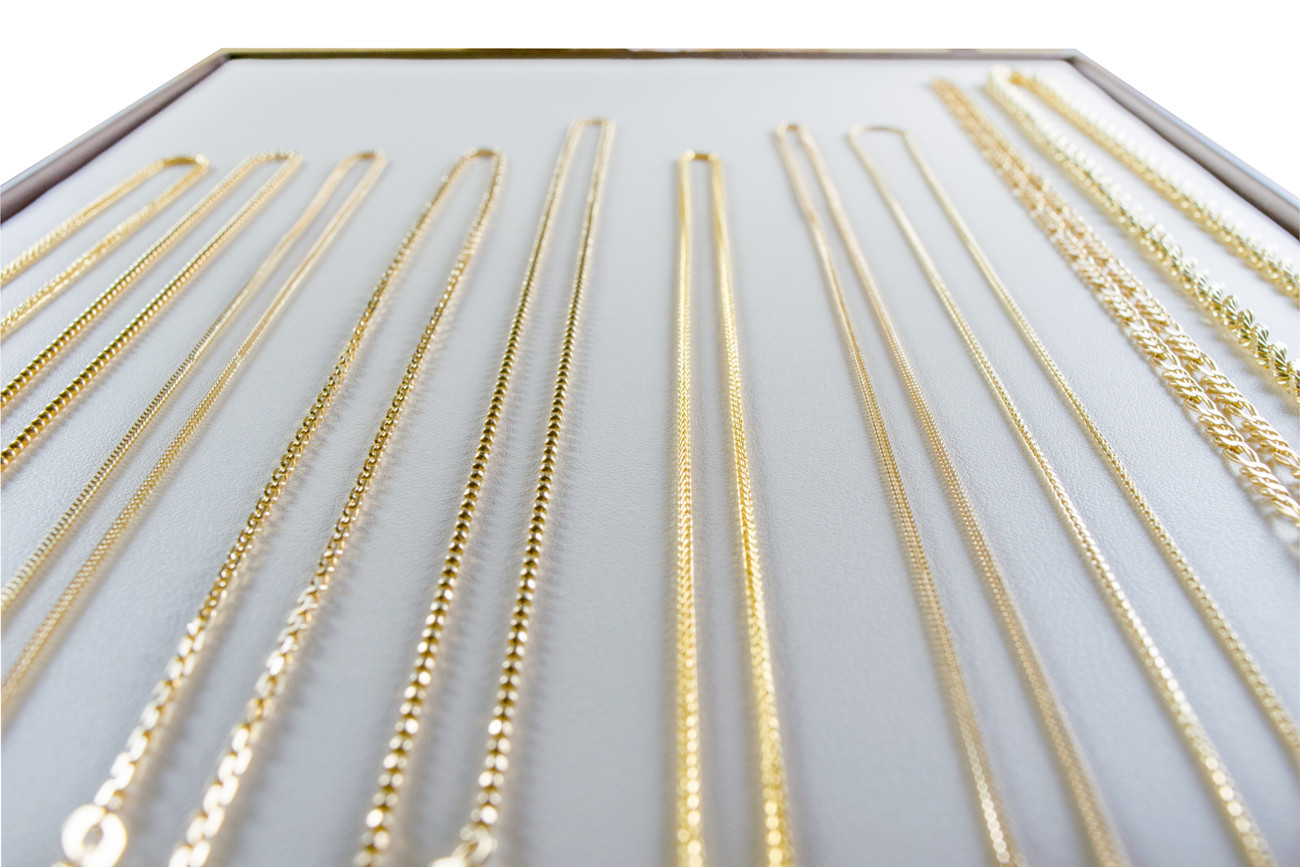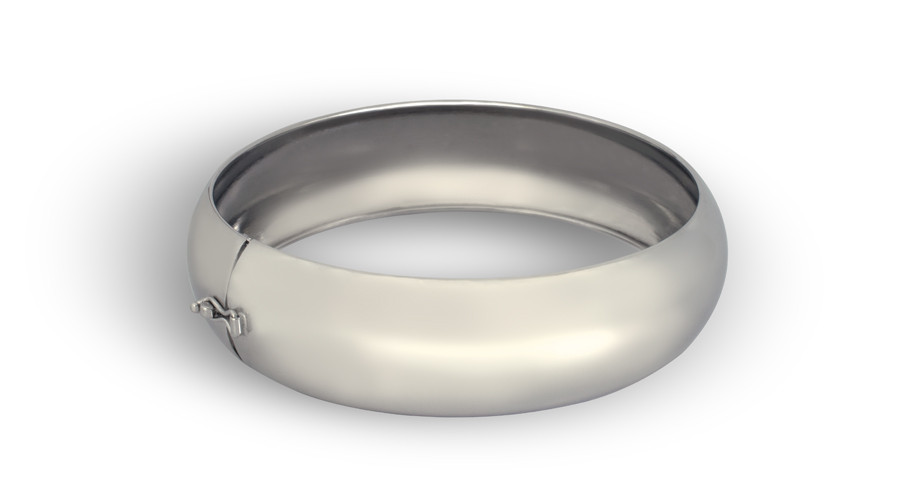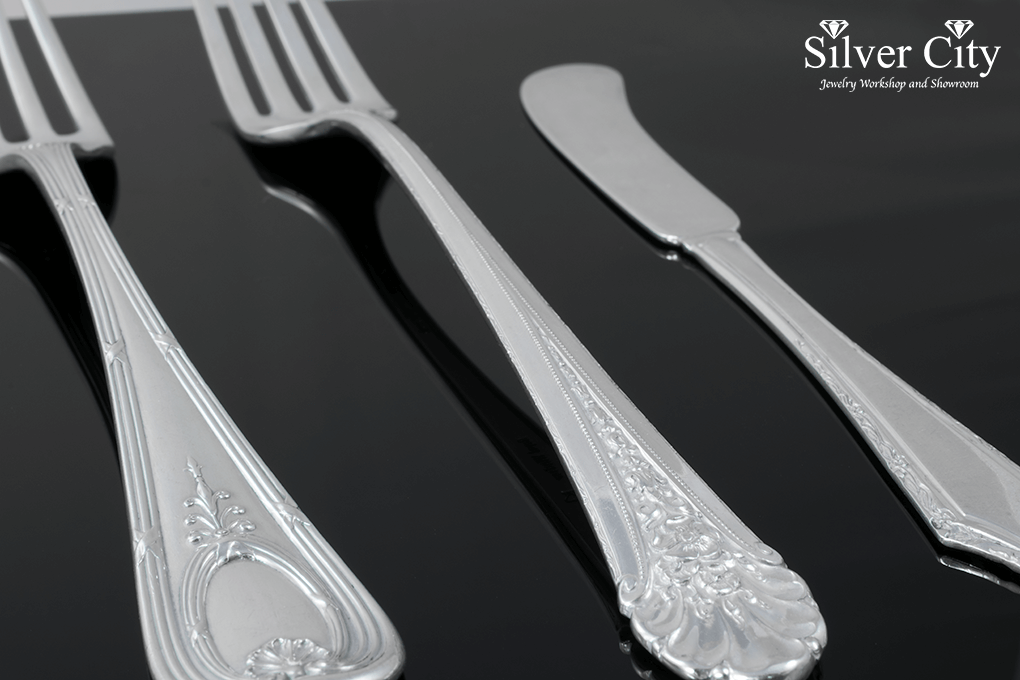
Do you have a silverware set that you think might be valuable? Heres a guide on how to tell if your set is sterling or plated!
#1- Look at the markings on the back of the piece.
For hundreds of years, silverware has been required by law to be marked whether its Sterling Silver or not.
Sometimes these marks can be complicated, and occasionally confusing, but most of the time the marks on the back of silverware will tell you exactly what is made of without any other testing.
Good Marks- Sterling, 925
Bad Marks- AAA, triple plate, EPNS, IS, silver plate, copper, pewter
Marks that might mean its sterling or lower purity silver- Lions, 800, 900, no markings at all
If your pieces are marked with either the good or bad marks, then you need to go no further. However, If you have one of the marks that are maybes, then continue reading on.
#2- Look at the color of the pieces
There is no difference in color between solid sterling silver and plated silver when the silverware is newly made or clean, however, plated silver will tarnish differently then sterling. Sterling will always tarnish with black and brown colors, plated silver will usually get a multi color tarnish that will be purple, greenish, and bluish like an oil slick. If your piece doesn’t have a good mark on it, and it has acquired a sort of chemical color to it, then the odds are that your piece is plated.
#3- Bring it in for us to acid test.
We don’t recommend that anyone do this at home, but the last step in determining if a piece is plated or sterling is to file into it a few millimeters and put a drop of acid into the cut.
Don’t bother with these tests for silverware-
Unlike jewelry, magnets are bad for testing silverware as no silverware should be magnetic, whether sterling or plated. Tests that rely on temperature are also unreliable with silverware, likely due to the thickness of plating. The presence of green residue is also unlikely to mean anything as plated silverware doesn’t age like plated jewelry, and it will instead get the aforementioned “oil slick” color on it.
We hope this will help you identify whether or not your silverware is real silver or not. If you liked this article or found it helpful, check back with us for more in the future!


